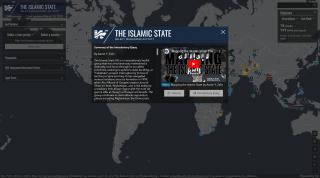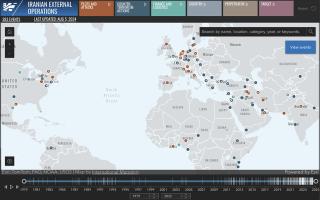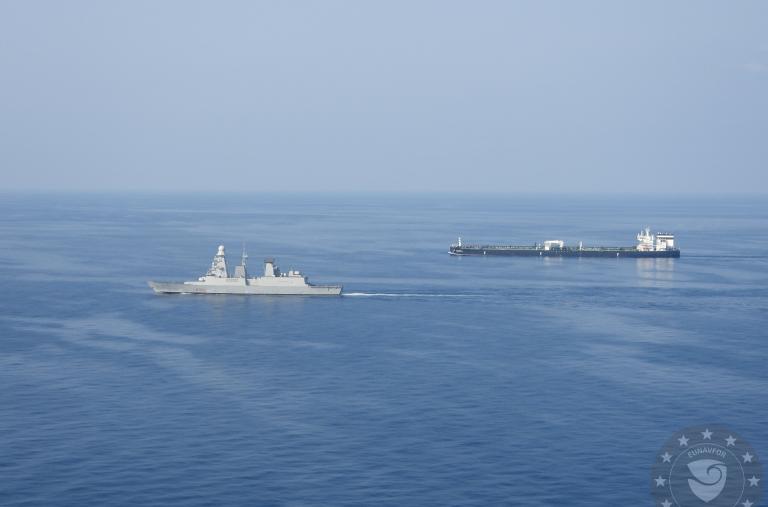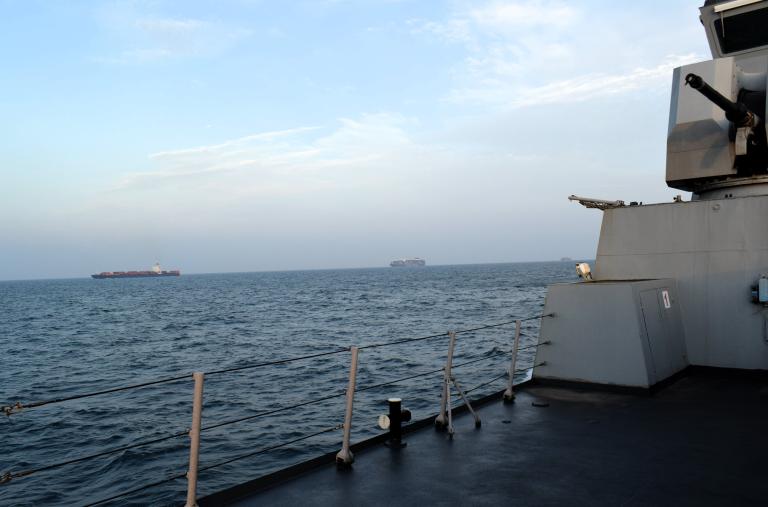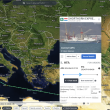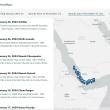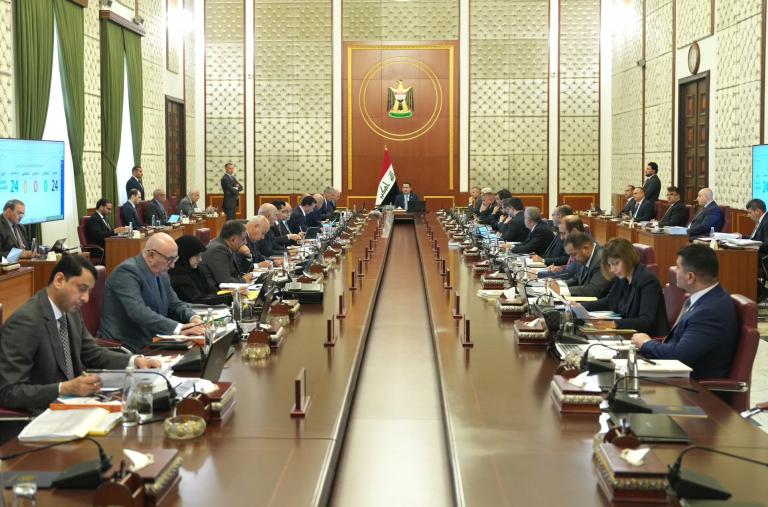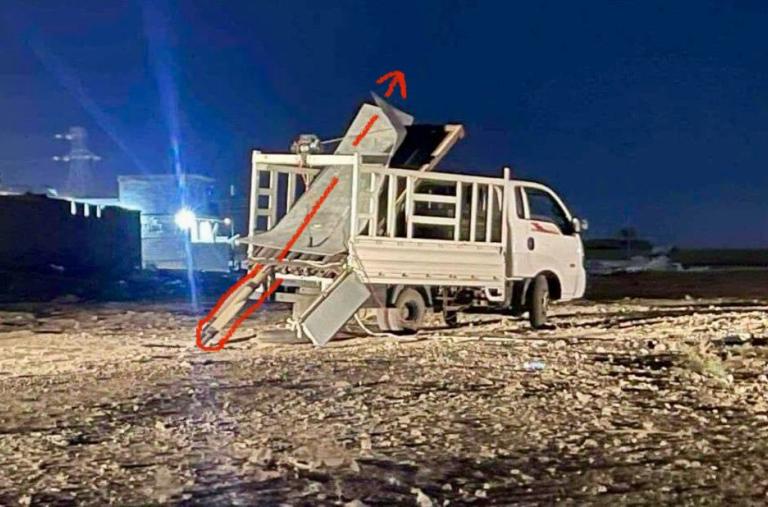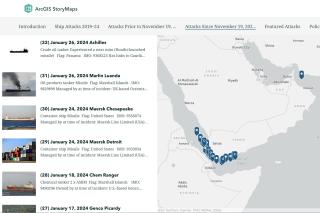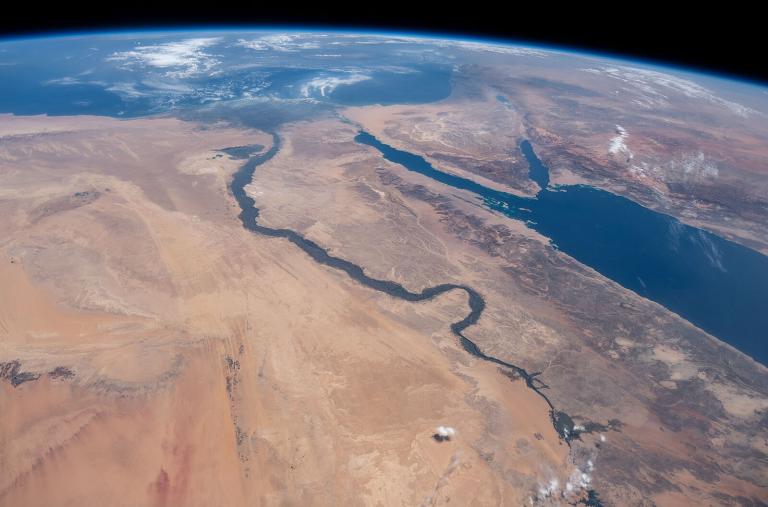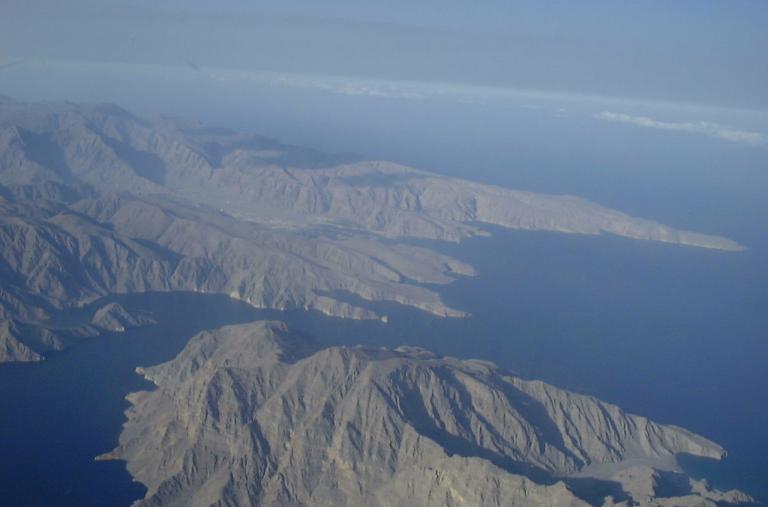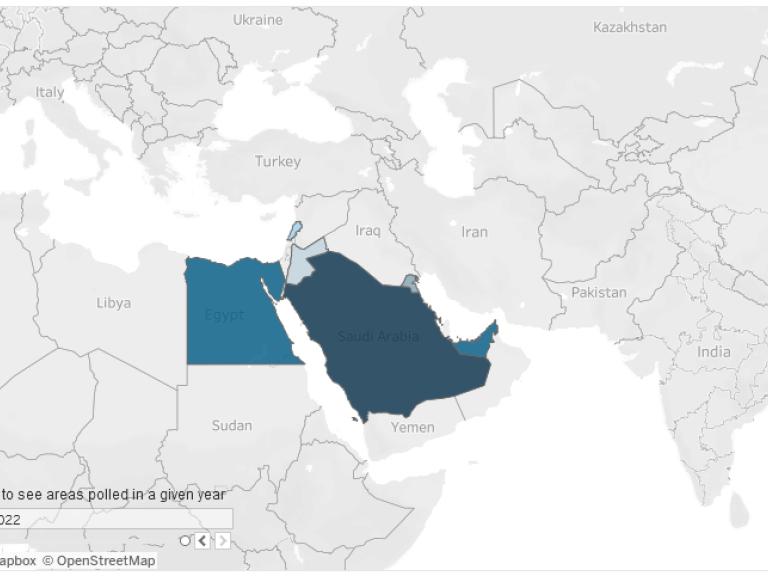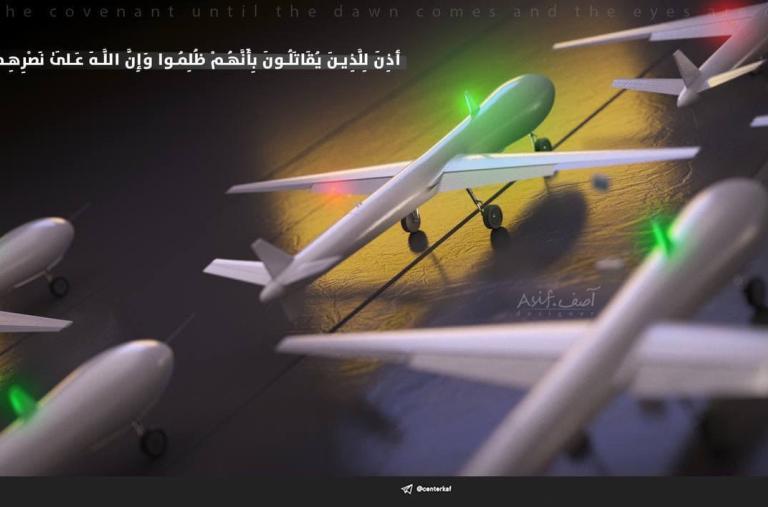Podcast: Trump and Harris Advisors Contrast Visions for U.S. Middle East Policy
On November 5, Americans head to the polls to make a decision that will shape U.S. foreign policy toward the Middle East for years to come. With the region at a pivotal juncture, the outcome of this election will have lasting implications for U.S.-Israel relations, broader Middle East diplomacy, the “day after” in Gaza, and numerous other issues.
In this episode of Decision Points, host David Makovsky is joined by distinguished experts Tom Nides and Victoria Coates. Nides served as U.S. ambassador to Israel during the Biden administration. Coates served as deputy national security advisor for the Middle East and North Africa under President Trump. Together, they provide a comprehensive look at each candidate’s position on these important issues. Join us for a timely discussion on how the next U.S. administration could influence the region’s future.
Learn more about this season of the Decision Points podcast.
Recent Institute Analysis
Study: West Bank Public Opinion Polling
Interactive Map: ISIS Global Activity
Under the leadership of jihadism scholar Aaron Zelin, a team of researchers at The Washington Institute has built the Islamic State Select Worldwide Activity Map, an interactive tool that provides a more accessible way to search, track, and understand the organization’s global reach. It represents the most comprehensive public archive of the group’s attack data, media output, government designations, and legal cases — information that is becoming invaluable as IS affiliates disperse into a wider range of jurisdictions and the U.S. government continues shifting resources away from the global counterterrorism fight.
Iranian External Operations Map and Timeline
Maritime Spotlight
Recent Webcasts: Expert Policy Conversations
Militia Spotlight
Interactive Tool: Tracking Maritime Attacks in Middle East Waters Since 2019
This interactive map documents the extent to which Houthi forces, their Iranian military patrons, and other actors have been targeting vessels in regional waterways for years, including well before the Hamas-Israel war.





